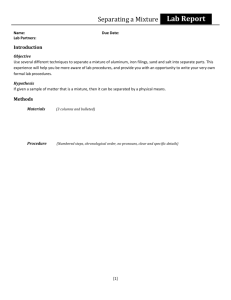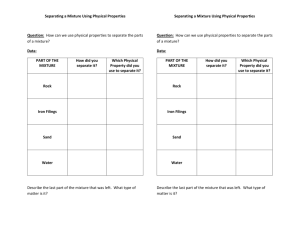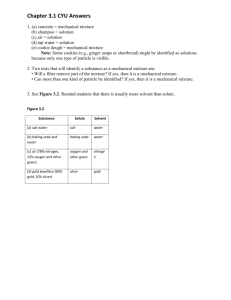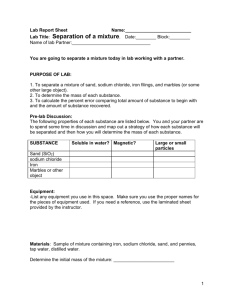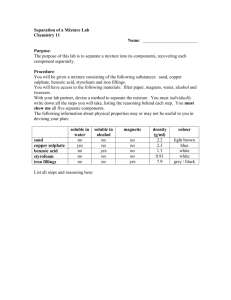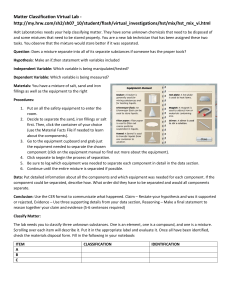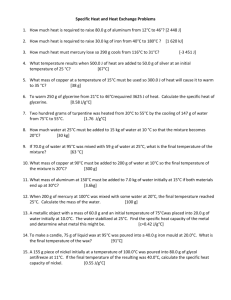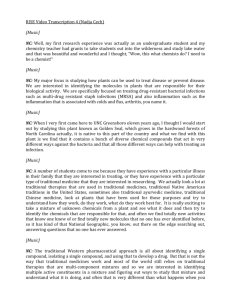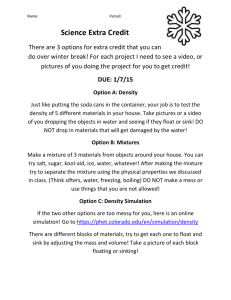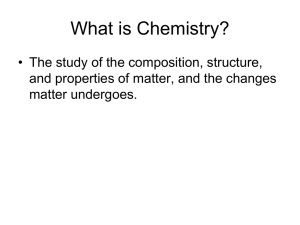Specific Heat Capacity Mixture Problems Worksheet
advertisement
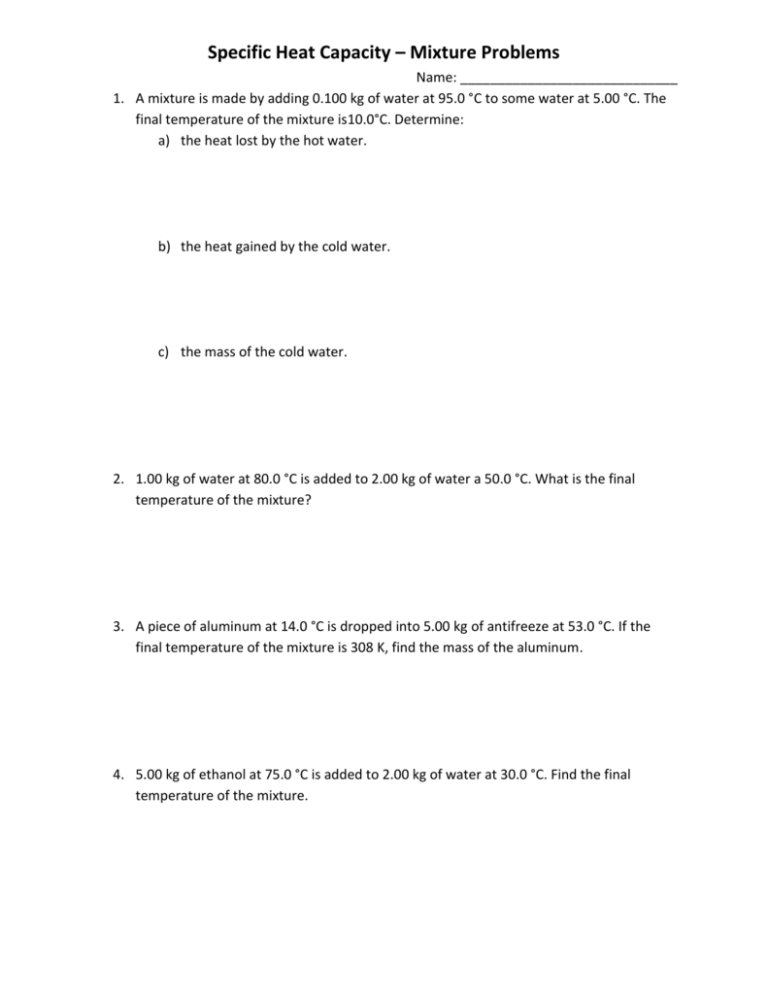
Specific Heat Capacity – Mixture Problems Name: _____________________________ 1. A mixture is made by adding 0.100 kg of water at 95.0 °C to some water at 5.00 °C. The final temperature of the mixture is10.0°C. Determine: a) the heat lost by the hot water. b) the heat gained by the cold water. c) the mass of the cold water. 2. 1.00 kg of water at 80.0 °C is added to 2.00 kg of water a 50.0 °C. What is the final temperature of the mixture? 3. A piece of aluminum at 14.0 °C is dropped into 5.00 kg of antifreeze at 53.0 °C. If the final temperature of the mixture is 308 K, find the mass of the aluminum. 4. 5.00 kg of ethanol at 75.0 °C is added to 2.00 kg of water at 30.0 °C. Find the final temperature of the mixture. 5. A solid object with a mass of 5.00 kg at a temperature of 88°c is placed into 8.88 kg of methanol at 0°C. The final temperature of the mixture is 8.00 °C. Find the specific heat of the object and identify it. 6. How much helium at 4.00 °C do you need to add to 20.0 kg of hydrogen at 60.0 °C to produce a temperature change of -30.0 °C? The specific heat of helium is 5193 kJ/kg°C. 7. Starting with 10.0kg of ice at-20.0 °c, we add 3.28 kg of an unknown substance at 25.0°C. The final temperature of the mixture is -15.0 °C. What is the unknown substance? 8. What is the temperature change produced in 5.0 kg of uranium if 10.0 kg of oxygen at 0.60 °C is passed over it? The final temperature of the oxygen is 6.00 °C. ̅ °C and filled with sand at 20.0 °C. If the final 9. A 𝟓𝟎𝟎 g glass is heated to 𝟏𝟓𝟎 temperature of the mixture is 50.0 °C, what was the mass of the sand?
